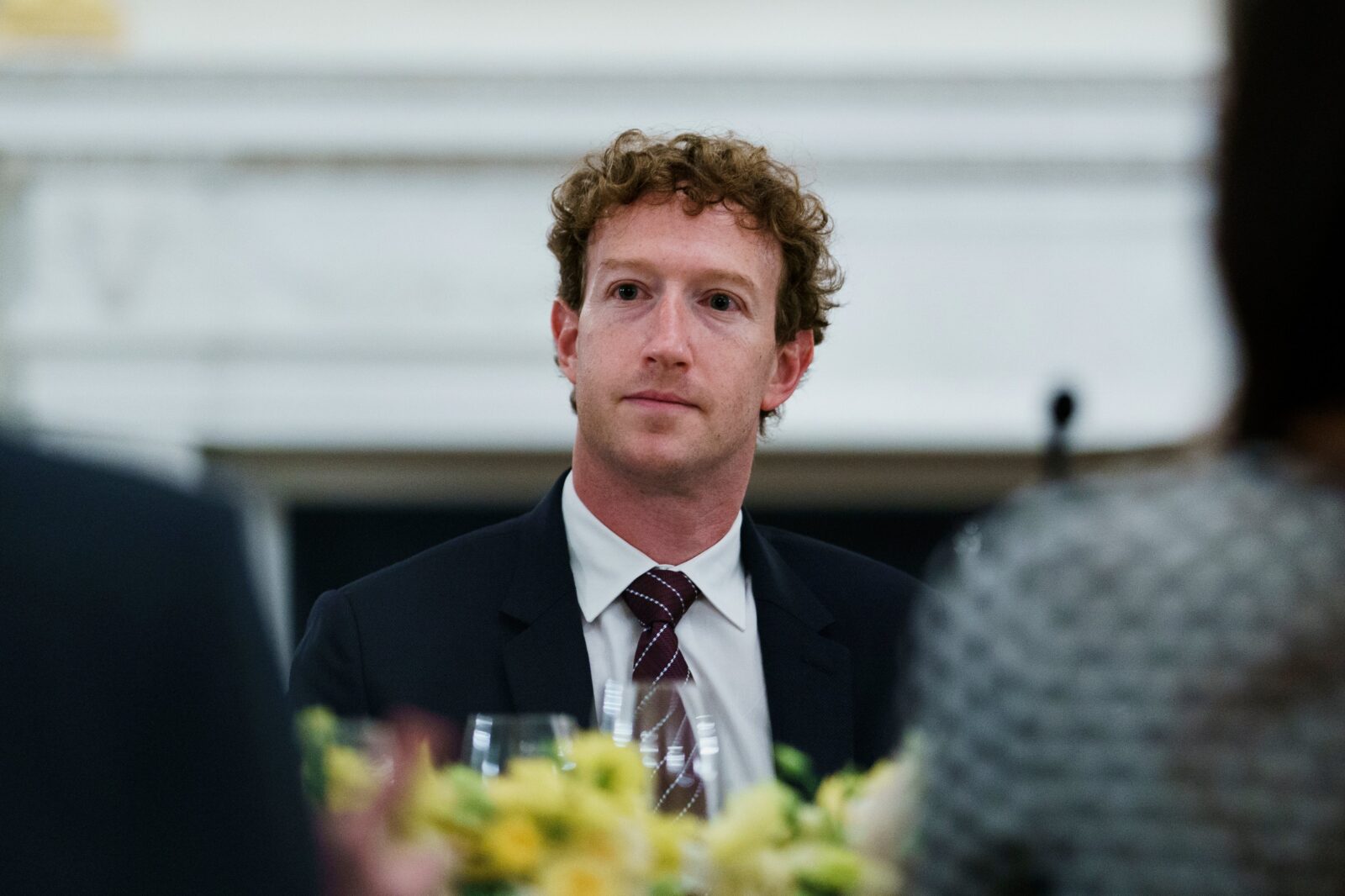- Home
- Advertise With us
- World News
- Tech
- Entertainment
- Travels & Tours
- Contact US
- About us
- Privacy Policy
Top Insights
Federal judge rules against FTC in Meta antitrust case


Meta has emerged victorious in its years-long legal battle with the Federal Trade Commission, which accused the company of maintaining an illegal monopoly over social networking.
In an opinion released Tuesday, Judge James Boasberg of the U.S. District Court in Washington, D.C., ruled that the FTC failed to prove its case. The agency first filed the lawsuit five years ago, arguing that Meta’s ownership of Instagram and WhatsApp gave it outsized control over the market. But Boasberg wrote that even if Meta once held monopoly power, the FTC could not show that the company still “continues to hold such power now.”
Boasberg previously dismissed the case in 2021, saying the FTC did not provide enough evidence that Facebook, as the company was then known, had market power. The FTC later filed an amended complaint citing user metrics and comparisons to competitors like Snapchat, Google+, and MySpace, allowing the case to move forward. The long-delayed trial finally began earlier this year.
Meta’s chief legal officer, Jennifer Newstead, praised the ruling in a statement to outlets, saying, “The Court’s decision today recognizes that Meta faces fierce competition. Our products are beneficial for people and businesses and exemplify American innovation and economic growth.”
At the center of the case were Meta’s high-profile acquisitions of Instagram and WhatsApp. The FTC sought to unwind both deals and argued that users lacked meaningful alternatives to Meta-owned platforms for connecting with friends and family.
But Boasberg sided with Meta’s position that the social media landscape has transformed dramatically since the early Facebook era. Apps like TikTok and YouTube now compete for the same time, attention, and content, undercutting the government’s monopoly claim.
“While each of Meta’s empirical showings can be quibbled with, they all tell a consistent story: people treat TikTok and YouTube as substitutes for Facebook and Instagram, and the amount of competitive overlap is economically important,” Boasberg wrote.
Related Articles
The booster for SpaceX’s Starship V3 suffered a gas system failure during testing
SpaceX has confirmed that its third-gen Super Heavy Booster, the first stage...
X begins rolling out the ‘About this account’ feature to users’ profiles
The feature will show where users are based, how they’re connected to...
Queen Victoria Hospital’s first EPR goes live
Queen Victoria Hospital NHS Foundation Trust (QVH) has gone live with its...
Best early Black Friday iPad deals 2025: 16 sales out already
Looking to find a deal on an iPad this holiday season? There...










Leave a comment